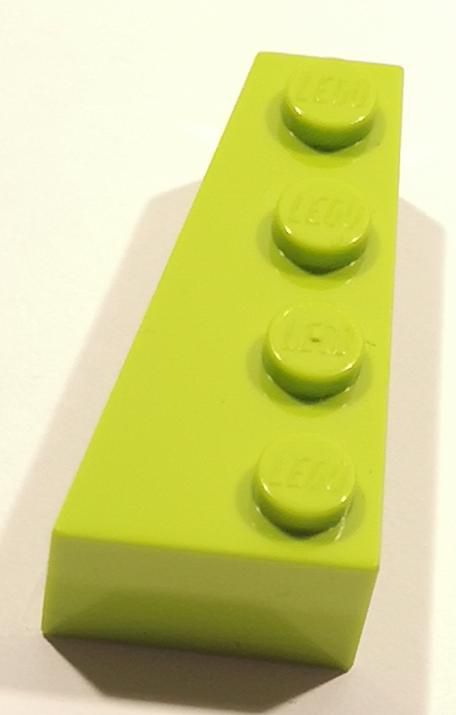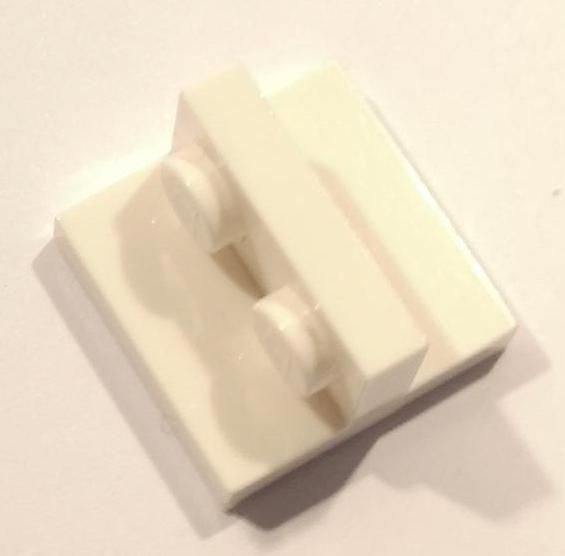Description
The set contains images of LEGO bricks (from multiple categories). The images were prepared for training neural network for recognition and labeling of LEGO bricks. The images contain one brick each. The images were taken from different sides by handheld camera hovering over the bricks lying on a white, non reflective surface.
The images were extracted from photos taken using Huawei p20 Pro camera (2160x3840 resolution, JPEG file format). The bricks were illuminated using two top-down facing 1600lm, 4000K LED lamps. The shutter speed and ISO were set to 1/100 and 50 respectively (to match the lamps frequency). Each file is limited to a single bounding box as detected using LegoSorter app (https://github.com/legosorter). The bounding boxes were created using YOLO trained neural network designated to detect (but not differentiate) LEGO bricks.
The bricks have random colors. The photos are organized using official LEGO part numbers, photos of each brick located in a folder named after the part number. The foldes in turn are organized into cathegories as found on rebrickable.com.
Sample images are presented below.


Dataset file
hexmd5(md5(part1)+md5(part2)+...)-{parts_count} where a single part of the file is 512 MB in size.Example script for calculation:
https://github.com/antespi/s3md5
File details
- License:
-
open in new tab
CC BYAttribution - Raw data:
- Data contained in dataset was not processed.
Details
- Year of publication:
- 2021
- Verification date:
- 2023-09-14
- Dataset language:
- English
- Fields of science:
-
- information and communication technology (Engineering and Technology)
- DOI:
- DOI ID 10.34808/arsb-4268 open in new tab
- Series:
- Verified by:
- Gdańsk University of Technology
Keywords
Cite as
Authors
Version this document has several versions
-
Current versionversion 1.1release date 2023-09-14
-
version 1.0release date 2021-06-22
seen 547 times

